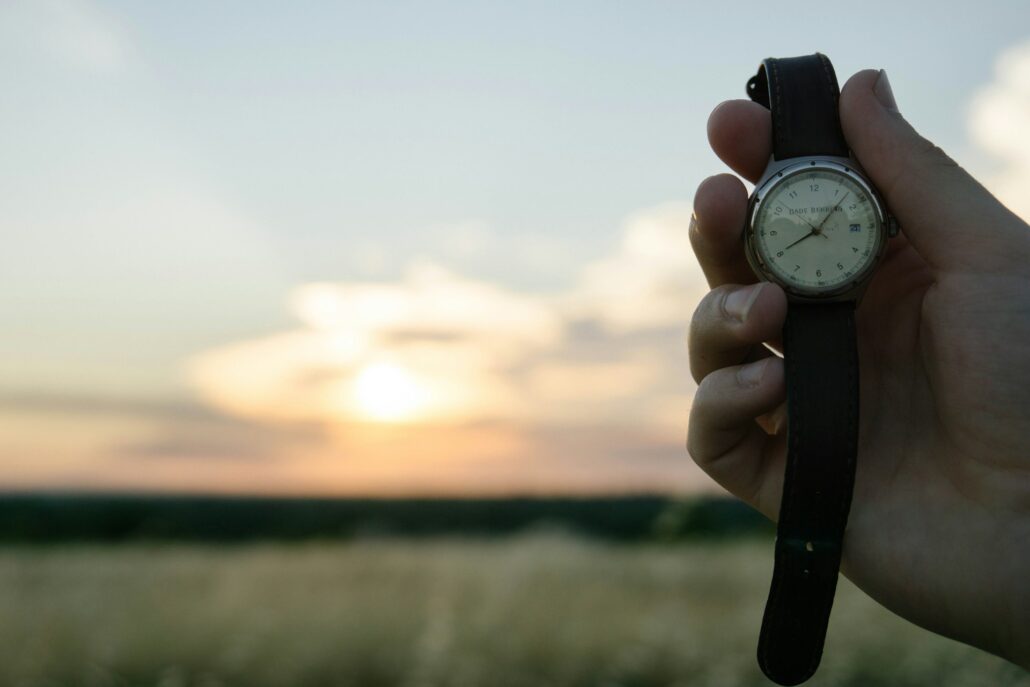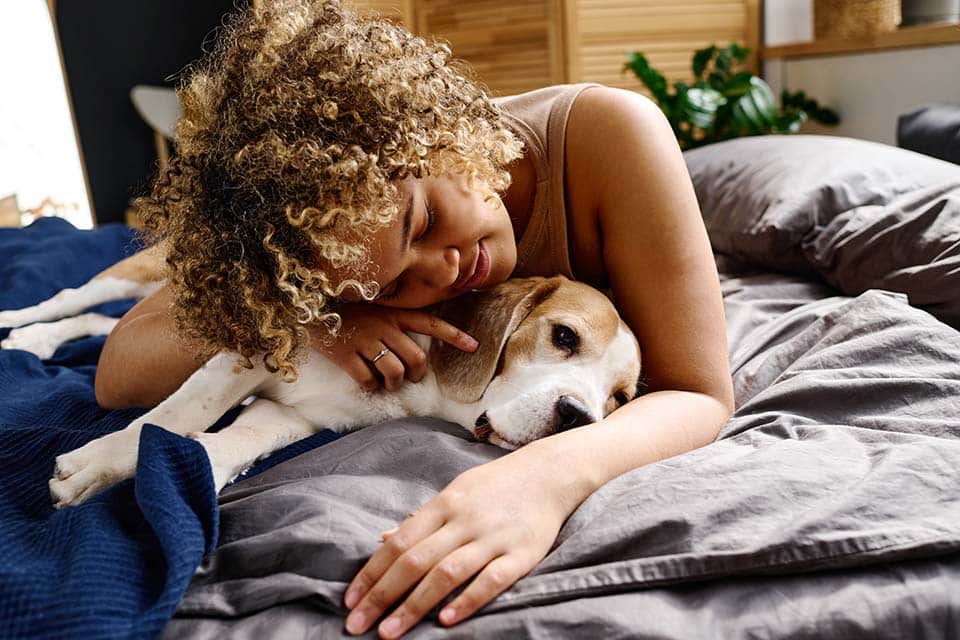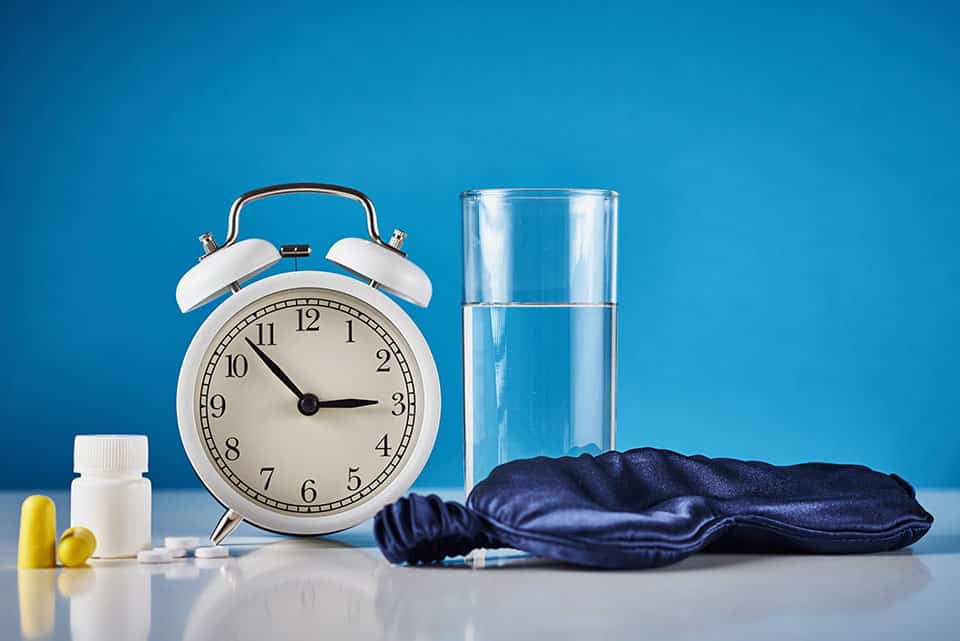In 2019, The Better Sleep Council (BSC) launched The State of America’s Sleep, a benchmark survey with the goal of measuring the quality of sleep in the United States Year over Year.
In 2020, year two, the BSC fielded three research initiatives:
- In January of 2020, the BSC launched Wave 2 of The State of America’s Sleep survey, utilizing the same questionnaire as in 2019
- In March of 2020, during the early days of the COVID-19 in the United States, the BSC fielded a follow-up survey, including a subset of the January survey, with the goal of comparing change in sleep since the coronavirus irrupted in the United States
- In March of 2020, the BSC completed an analysis of social media posts to further understand the impact of the coronavirus on America’s sleep
The following provides key findings from the three studies. Section One focuses on The State of America’s Sleep as of January 2020, before COVID-19. Section Two describes the State of America’s Sleep during COVID-19.
The 2019 State of America’s Sleep survey findings can be accessed on the Better Sleep Council’s website.
Methodological Overview
| January 2020 Survey
(Before COVID-19) |
March 20, 2020 Survey
(Since COVID-19) |
Social Media Analysis
(Since COVID-19) |
| 2,000 online surveys were fielded between January 22-30, 2020, among a representative sample of U.S. adults (age 18+), using a questionnaire lasting approximately 15 minutes.
The sample size provides a confidence interval of ±2.19% at 95%.
The sample was provided by OpinionRoute. |
1,105 online surveys were fielded March 20, 2020, among a representative sample of U.S. adults (age 18+), using a questionnaire lasting approximately 5 minutes.
The sample size provides a confidence interval of ±2.9% at 95%.
The sample was provided by Toluna.
|
Comparison of social media posts before COVID-19 (March 15-22, 2019) and during COVID-19 (March 15-22, 2020).
Social media listening software by Meltwater.
Verbatim comments included in this report represent actual posts identified during this analysis. |
Key Findings
America’s quality of sleep declined in January 2020, compared to last year.
- Fewer Americans were getting the minimum recommended 7-8 hours of sleep per night in January 2020, compared to last year (54% Jan. 2020 vs. 60% in 2019).
- Similarly, over four in 10 Americans described their sleep as poor or fair (43%), down from 38% in 2019.
Why Were Americans Sleeping More Poorly in January 2020 Compared to Last Year?
America’s stress level increased (and we know stress has a negative impact on sleep):
- In January 2020, 41% of Americans said they felt stress often to very often compared to 36% in 2019.
Americans felt more strapped financially than a year ago (and we know personal finances are a driver of good or poor sleep).
In January 2020:
- More Americans were concerned about their own financial future (69% vs. 65% in 2019).
- More than half Americans said they lived paycheck to paycheck (55%) vs. exactly half (50%) in 2019.
- More than half said they had enough money for just the necessities (54% vs. 48% in 2019).
- Fewer saved money regularly for unforeseen home expenses (44% vs. 48% in 2019).
- Fewer regularly saved money for retirement (39% vs. 43% in 2019).
- Fewer saved money for vacation (37% vs. 41% in 2019).
- Fewer saved money for their child’s college (33% vs. 43% in 2019).
- Fewer saved money for unforeseen medical expenses (33% vs. 37% in 2019).
Workplaces became more stressful than a year ago (and we know that work-related stress affects sleep).
In January 2020:
- 74% of Americans reported working in a friendly environment, 78% did in 2019
- 70% of Americans agreed that their work environment is respectful, 74% did in 2019
America’s sense of security went down compared to last year.
In January 2020:
- 66% of Americans were concerned about terrorism in the country vs. 63% in 2019.
- 51% felt threatened by the actions of other countries toward the United States vs. 43% in 2019.
At the same time, fewer Americans used coping mechanisms to relieve stress than the year before:
- Specifically, fewer exercised in 2020 (26% did not exercise vs. 22% in 2019) and those who did spent less time exercising. They spent 2.31 hours a week exercising on average in January 2020 vs. 2.48 hours in 2019.
What Changed with COVID-19?
As expected, quality of sleep in America declined further with the arrival of COVID-19:
- In January 2020, 54% of Americans were getting the minimum 7-8 hours of recommended sleep. As of March, fewer than half (49%) did.
- Similarly, in January 2020, over four in 10 Americans described their sleep as poor or fair (43%). As of March, over half of the nation qualified their sleep as poor or fair (52%).
- While about three in 10 Americans woke up feeling rested and refreshed often or frequently before COVID-19 (30% in January 2020), only 2.4 in 10 Americans (24%) did as of March.
- And negative posts on social media relative to sleep jumped from 45% of all sleep-related posts to 73% in March compared to last year.
| Social Media Posts in America | March 15-22, 2019 | March 15-22, 2020 | % Change |
| Negative mentions about sleep | 45% | 73% | +62% |
| Neutral mentions about sleep | 33% | 11% | -67% |
| Positive mentions about sleep | 20% | 14% | -30% |
| Unclassified mentions about sleep | 2% | 2% | 0% |
How Did COVID-19 Impact the State of America’s Sleep?
America’s overall level of stress spiked, and it’s having an impact on sleep:
- In January 2020, four in ten (41%) Americans reported feeling stressed often or very often. As of March, over half Americans (53%) felt stressed about COVID-19 often or very often.
- Similarly, there were 11% more social media mentions relative to sleep and stress in March of this year compared to last year.
| Social Media Posts in America | March 15-22, 2019 | March 15-22, 2020 | % Change |
| Sleep and stress mentions | 23.8K | 26.5K | +11% |
Social media posts:
“I just want to sleep but this stress won’t permit it.” March 22, 2020
“I am already losing sleep and have intermittent stomach aches. Stress hasn’t really affected me like this in the past. My absolute feeling of no control and faith in our government (federal, not local) is making me sick.” March 21, 2020
Americans are worried about their health and it’s impacting their sleep.
The number of social media posts about sleep and health is 1.3 times higher in March of this year than it was in 2019. And posts about sleep and being sick are 1.17 times higher than last year. And of course, COVID-19 is a top concern, associated with sleep.
| Social Media Posts in America | March 15-22, 2019 | March 15-22, 2020 | % Change |
| Sleep and coronavirus/COVID-19 | — | 63.3K | — |
| Sleep and health | 32.7K | 42.7K | +31% |
| Sleep and sickness | 14.4K | 16.9K | +17% |
Social media posts:
“My sleeping pattern has been off lately due to the whole coronavirus pandemic.” March 22, 2020
“I can’t sleep. Just finished an article about the pandemic to help people understand the seriousness of it all. If you need a read, this might interest you.” March 22, 2020
“As a single mom who has been losing sleep trying to be strong emotionally and make ends meet, adding to the worry of our health is a lot. Sending love and positivity to everyone.” March 22, 2020
“Stress, no eating, worrying, and getting no sleep kills your immune system!!! With that being said, everything will be ok. Get some sleep family!!!” March 22, 2020
Americans are concerned about the country’s economy and that’s affecting the way we sleep:
- About one-third of the nation felt good about the economy in January 2020 (38%) vs. less than 20% did as of March 2020.
- Lack of confidence in the stock market prevailed in the nation in March (56% of Americans disagree that they have confidence in the stock market vs. 39% in January 2020).
- And mentions of sleep and the economy or stocks were exponentially higher in March 2020 than last year.
| Social Media Posts in America | March 15-22, 2019 | March 15-22, 2020 | % Change |
| Sleep and economy | 1.66K | 6.14K | +270% |
| Sleep and stocks | 3.78K | 9.04K | +139% |
Social media post:
“What coping strategies are you using to stay sane while staying indoors? Here are mine: Sleeping too much, stressing about COVID-19, stressing about finances, staring at phone all day, sadly reminiscing about things I can’t do now – someone please help me.” March 22, 2020
And while sleep is a big topic of conversation, not surprisingly it does not currently dominate social media.
Americans made fewer mentions of sleep during the COVID-19 pandemic so far than during the same period of time last year, suggesting that Americans have other more important things on their minds.
| Social Media Posts in America | March 15-22, 2019 | March 15-22, 2020 | % Change |
| Mentions of sleep | 1.37 million | 1.15 million | -16% |
| Average daily mentions of sleep | 196K | 165K | -16% |
Survey Details: Better Sleep Council January 2020 and March 2020



